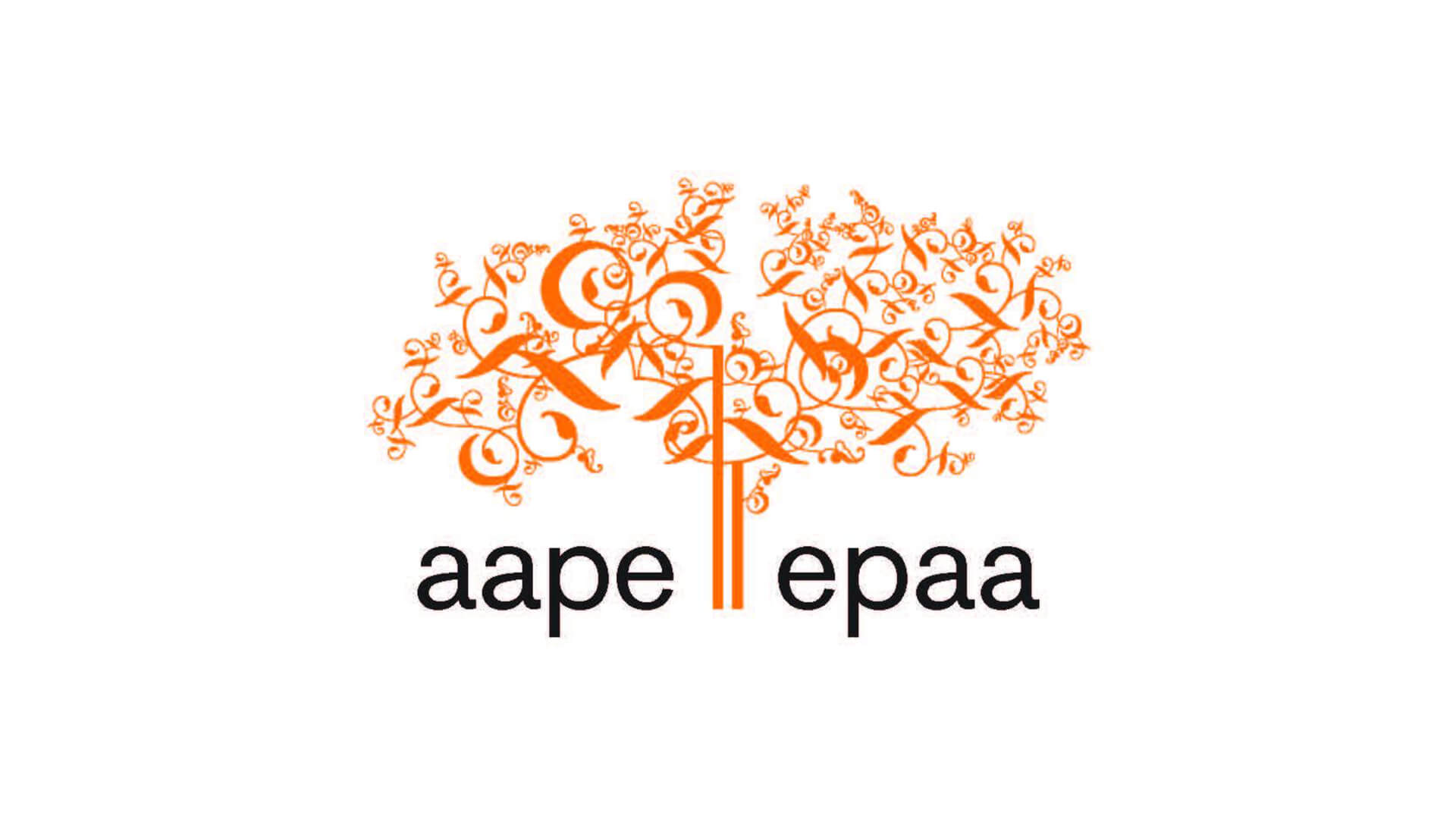
Tests, performance appraisals, evaluations, rankings, portfolios, surveys. Assessments are a part of the fabric of U.S. society. Within education, standardized assessments play a key role in measuring students’ success in school, postgraduate studies, and career. While assessing performance is an important educational activity, when it is reduced to “teaching to the test” and standardized testing is the “one size fits all” form of evaluation, it leads to problems and inequities. A recent special issue of Education Policy Analysis Archives guest edited by Elizabeth Stosich, Soung Bae, and Jon Snyder grapples with these issues through public scholarship—scholarly work that bridges research with practice in an effort to create social change. It’s public scholarship for a couple of key reasons:
1. The issue creates a dynamic dialogue between diverse stakeholders. Contributors ranged from PhD students to principals and professors to policy makers, as well as education leaders at the state and district levels, many of whom were also former K-12 educators.
2. The issue shares wide-ranging, nationwide perspectives. Authors from large public and small private universities, state departments and organizations, and high schools present coast-to-coast data and examples from California, Colorado, Vermont, Massachusetts, New Hampshire, Virginia and Ohio.
3. The multimedia, conversational format blended scholarly rigor with personal experience. Extending previous scholarship on assessment and accountability by Linda Darling-Hammond and colleagues (2014, 2015), two peer-reviewed advance publications drew written and video commentaries.
The issue presents a holistic view of complex education issues. Summarized in the introduction, the lead articles define the problem and offer solutions for school accountability and assessment. The commentaries critically examine and expand on the key points, while revealing other important issues related to equity, leadership, and teacher education, and graduation rates, and discussing ways to leverage state support for school success through assessment systems that are better integrated, collaborative, flexible and communicative, or tied to grassroots efforts.
This special issue demonstrates public scholarship’s potential to expand conversions about education issues like accountability and assessment beyond academia and into public spaces. EPAA is proud to support such innovative work and hopes other scholars and practitioners take similar steps to reimagine educational dialogue and move toward impact and change.